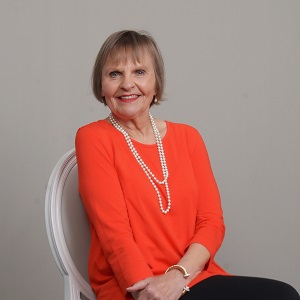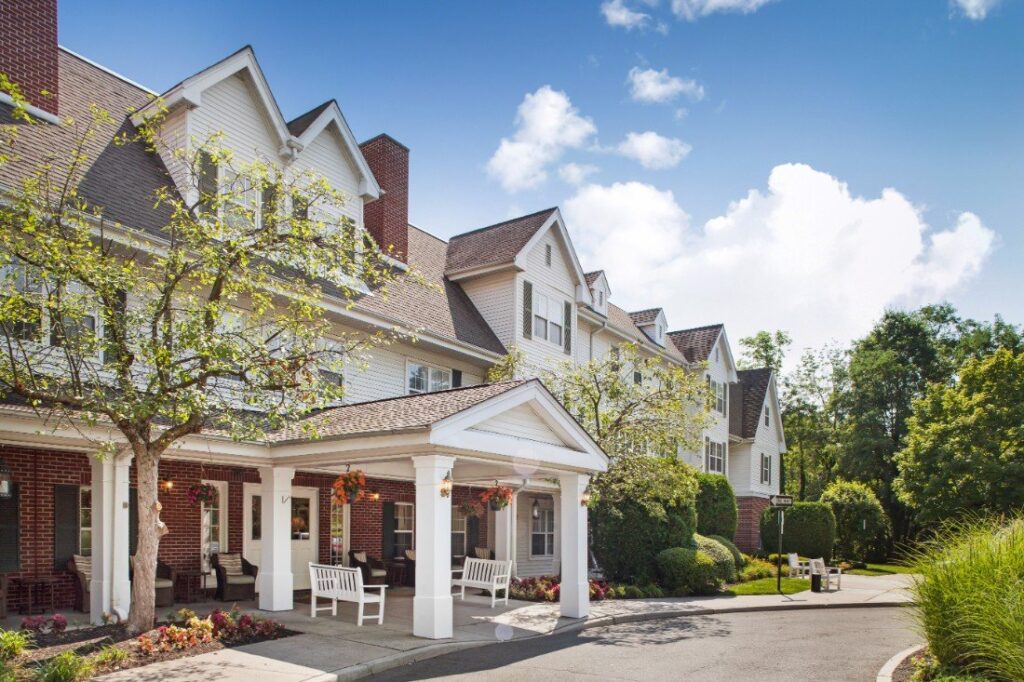
by Carol Marak
The Challenges Adults Face Without Nearby Family
Retirement and older age will look much different for Baby Boomers than it did for our parents and grandparents. We’ve been caught in a transition from institutional responsibility for retirement security to an increasing amount of individual responsibility. Pensions are largely a thing of the past, which means many of us are responsible for our own preparedness.
If a person does not have offspring to rely on, chances are they will have to pay for care when needed and since it’s costly, it’s necessary to create a close knit group of people who will watch out for one another. The personal support team would offer medical rides, help at home when ill, do wellness checks, and simply lend an ear when life gets tough. These are some of the biggest challenges an older adult lives with.

About 30 percent of solo agers prefer a supportive lifestyle like moving to an Independent and Assisted Living community, or CCRCs (Continuing Care Retirement Communities) for the sake of having nearby assistance and built-in activities. Recently, I contacted close to 20 life care communities, and they reported nearly 30 percent of the residents to be solo agers. Before moving into one, make sure the lifestyle fits your preferences and the monthly expenses won’t drain the budget.
However, other shared lifestyles are cranking up. Interest in co-housing developments, tiny house villages, and sharing our homes with roommates is growing rapidly. Those who prefer this over senior housing do so because they feel more freedom and connection to the larger community. When choosing this style of housing, make sure you have the ability to be mobile and can drive. Living in the suburbs has the potential to create isolation and loneliness.
Adults without family support also must have a healthcare proxy or arrange for future legal guardianship—someone who will take over in a fiduciary capacity if the person cannot make decisions for themselves. The agent or proxy could be a relative or a friend or even a professional fiduciary or private guardian. Solo agers have a heightened need to instigate legal matters since adult children will not help with decisions. Plan early and think through the process of selecting a trustworthy agent, someone you can count on to follow your wishes.
Nine Caregiving / Receiving Tips When Aging Alone
There are a million things to plan for, but you need to start with health, housing, support system, finances, legal documents, and transportation. These are the top issues for most older adults.
Your plan should start with steps that compensate for the top worries:
- Understand the issues you will encounter, list them and research how best to mitigate the risks.
- Lessen fear and worry by changing your attitude from seeing problems to seeing opportunities and options.
- Develop a close network of peers, friends, and support, to compensate for no family caregivers.
- Remedy the effects of any past unhealthy behaviors—alcohol, smoking, eating fast foods, and inactivity.
- Get legal matters in order, find a reliable and trustworthy healthcare and financial proxy.
- Get control of finances—set a budget and save money, find a reliable legal guardian who will safeguard your money if you’re unable.
- Find affordable housing.
- Avoid isolation and loneliness. Live where you have easy access to enjoying close relations and social activities.
- Find accessible transportation in case you can’t drive.
Growing older may seem far off, and since most of us cannot fathom anything significant that far down the line—we do nothing or the very least we can to get by. Dr. Bill Thomas, geriatrician, says, “Human beings have a very limited ability to accurately predict or even imagine the needs of their future self. This is especially true when that future contains scary possibilities which lies decades in the future.”
After much research and reading, I’m convinced a plan for the long-term does not require accuracy, because life is dynamic and there’s nothing accurate about the future.
However, if we carefully observe and mentally take note of what elders live through, there’s a chance that we can learn through observation and make a plan for our future.
Then we can avoid the byproduct of not planning, which according to Thomas, “People who are not prepared, get care that is chosen by someone else.”
Carol Marak, author and mentor, CarolMarak.com. Read more about the Life Plan Assessment she created. Below, please find the webinar she offered on this topic on our YouTube channel:

